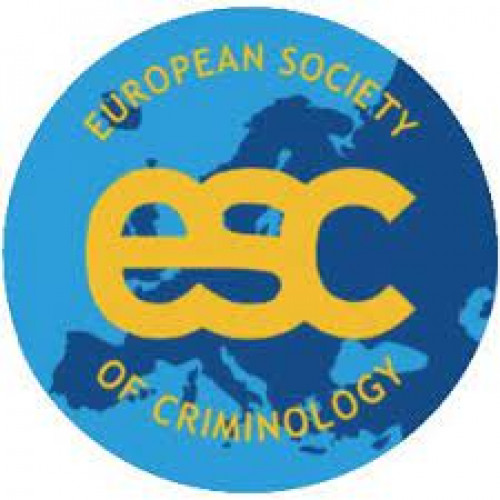Working Group report Green Criminology European working group - GREEN
Environmental concerns are at the forefront of economic, political and societal agendas as they pose a grave threat to our everyday lives and future generations of humans and non-humans alike. Green Criminology draws attention to the broad, complex, and multivariate harms, transgressions and risks that damage and kill our environment. Green Criminology enhances our understanding of and responses to environmental harms and crimes by moving beyond conventional understandings of crime and illegality by drawing attention to “harms” and the influences of social inequalities and power imbalances. It addresses the problem of legal protection, enforcement, and environmental justice, and gives voice to a wide range of victims, including ecosystems, plants, and non-human animals. Green criminologists approach the issue of environmental crime and harm predominantly from biocentric and ecocentric perspectives, regarding humans as just “another species”, operating within complex ecosystems. Therefore, green criminologists study ecological damage from various disciplines.
Since 2012, green criminologists from around the world have been organising a (bi)yearly seminar that focuses on different aspects of environmental crime, intending to push green criminological scholarship further by bridging (sub)disciplinary boundaries, but also by bringing together junior and senior scholars as well as practitioners to learn from each other. In recent years, these seminars have been organised in conjunction with the annual ESC conferences, to limit the environmental footprint while travelling to conferences. Established in 2024, the Green Criminology European Working Group is the most recent ESC Working Group and formalises these collaborations, enhancing and stimulating research on environmental crime and harm across Europe.
This working group aims to: provide a context in which ESC members and non-members can exchange information and experiences about researching and teaching green/environmental crime; push green criminological scholarship further by bridging (sub)disciplinary boundaries; foster an open and honest discussion about theoretical and methodological developments and challenges in Green Criminology; bring together junior and senior academics, as well as practitioners and law and policymakers in the field of environmental crime and harm to learn from each other; foster opportunities for cross-national (research) collaboration and knowledge exchange between researchers, policymakers, corporations, and civil society organisations.
The GREEN board consists of chairs Marieke Kluin, Jenny Maher and Mònica Pons-Hernández; and of board members Lieselot Bisschop, David Rodrigues Goyes, Joanna Narodowska, Nigel South, Daan van Uhm and Tanya Wyatt.
If you work on environmental crime, you are invited to join the working group. Please send your name, position, affiliation, and a short description of the research project you are working on to greencriminologyEWG@gmail.com.
This year’s “Environmental Crime & …” pre-ESC seminar is aimed at understanding and addressing the complex nexus of environmental crime, crisis, and conflict. We put the spotlight on the multifaceted visible and hidden environmental crises and conflicts and how they relate to environmental crime and harm. The seminar takes place on Wednesday 11 September 2024, in Bucharest. For more information about this Environmental Crime, Crisis and Conflict pre-conference, including the program and registration, please visit the seminar page.
